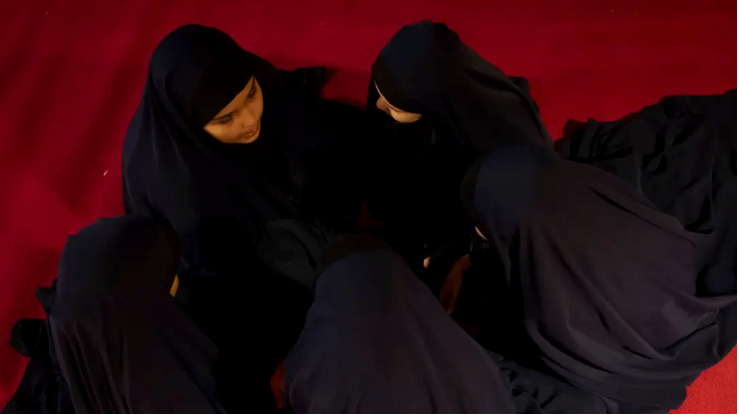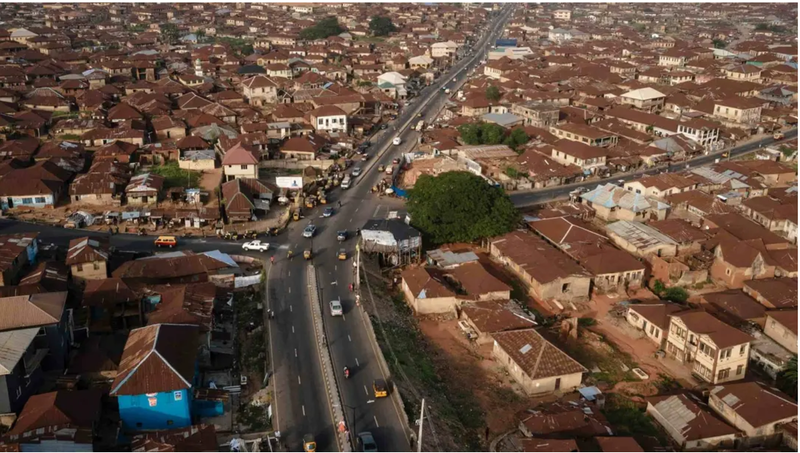Iran Retreats From Implementing New Hijab Law
Iran's Supreme National Security Council has put on hold its enforcement of a contentious "hijab and chastity law" that was slated to take effect last Friday.
Facts
- Iran's Supreme National Security Council has put on hold its enforcement of a contentious "hijab and chastity law" that was slated to take effect last Friday.[1][2]
- Under the law passed by the Iranian parliament on Dec. 1, women caught "promoting nudity, indecency, unveiling or improper dressing" could be sentenced to death or jailed for up to 15 years.[3][4]
- While the law was drafted on the instructions of Iran's former Pres. Ebrahim Raisi, incumbent Pres. Masoud Pezeshkian reportedly called it "ambiguous and in need of reform."[5][6]
- Last month, a female student was arrested outside Tehran's Islamic Azad University in an apparent protest against the country's strict Islamic dress code.[7]
- On Wednesday, singer Parastoo Ahmady — a supporter of Iran's "Woman, Life, Freedom" movement — was arrested for performing without a hijab during a virtual concert on YouTube.[8][9]
- In 2022, over 500 people were killed during a crackdown on protests in Iran over the death of Mahsa Amini in the custody of the morality police.[3][10]
Sources: [1]BBC News (a), [2]The Siasat Daily, [3]CNN, [4]The Guardian, [5]DW, [6]BBC News (b), [7]France 24, [8]PGurus, [9]MSN and [10]NBC.
Narratives
- Anti-Iran narrative, as provided by RFE/RL and Leben pur! On the way. Iran's harsher dress code isn't just about clothing, it's about control and repression. By punishing women with prison sentences and fines for "improper" attire, the government dismisses the calls for freedom sparked by Mahsa Amini's death. This draconian law silences self-expression, fosters gender inequality, and disregards human rights. Tehran must make the pause on the dress code permanent.
- Pro-Iran narrative, as provided by Iran International and The Arab Weekly. Iran's dress code reflects a historical identity predating Islam and rooted in Persian heritage. The West's hypocrisy in criticizing Iran ignores its systemic issues while exploiting cultural differences for political gain. Imposing Western views on a society with its own values undermines sovereignty. Iran's approach, grounded in tradition and faith, seeks societal stability. Western nations must respect this vital context.







